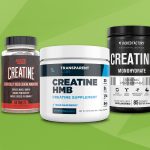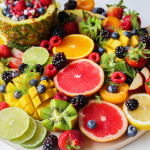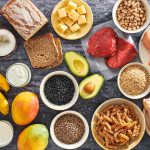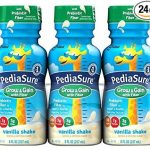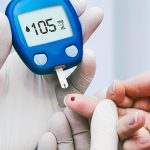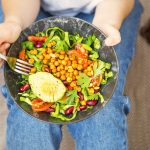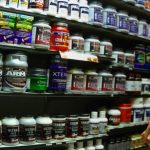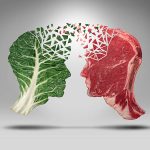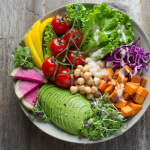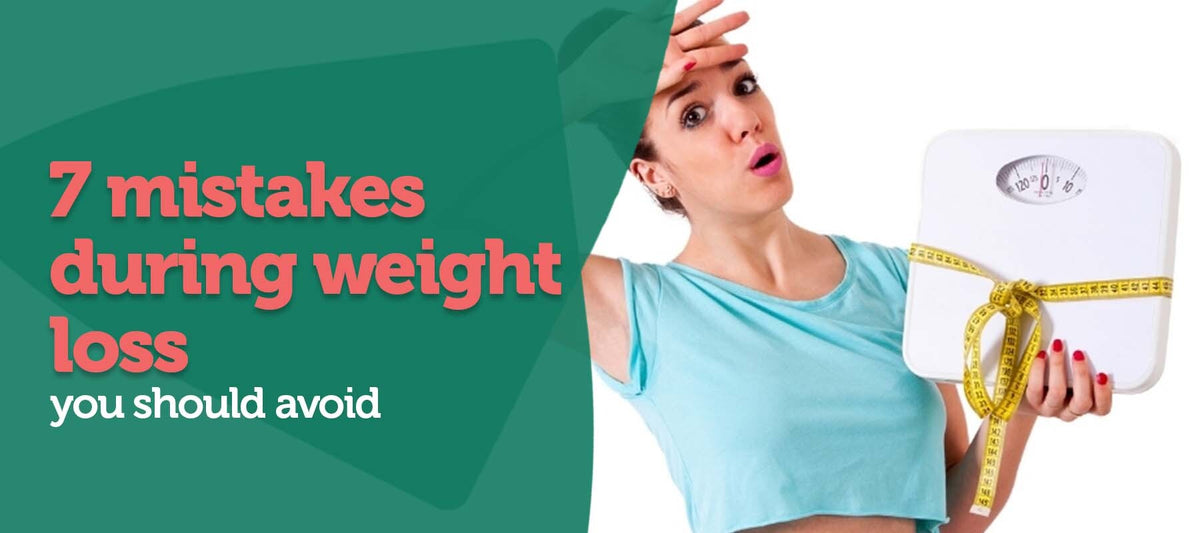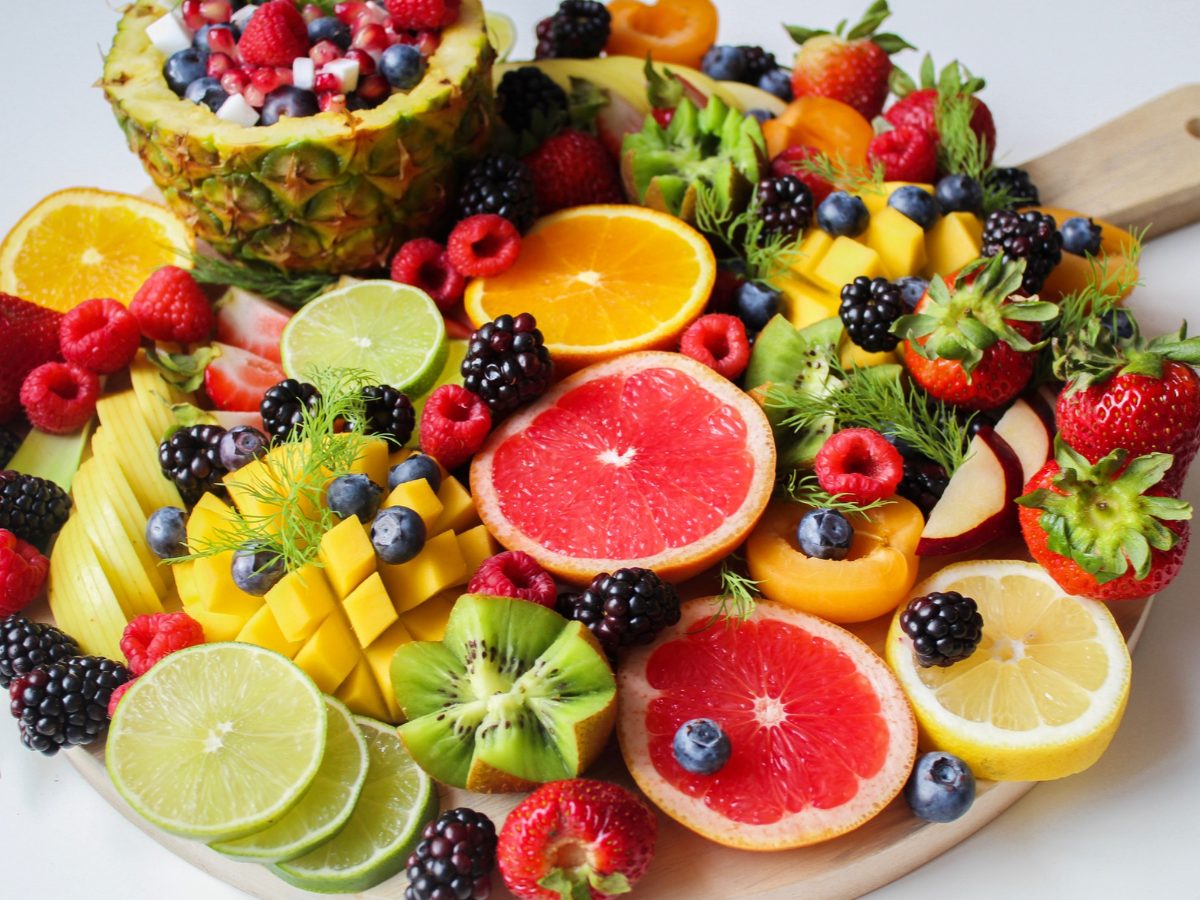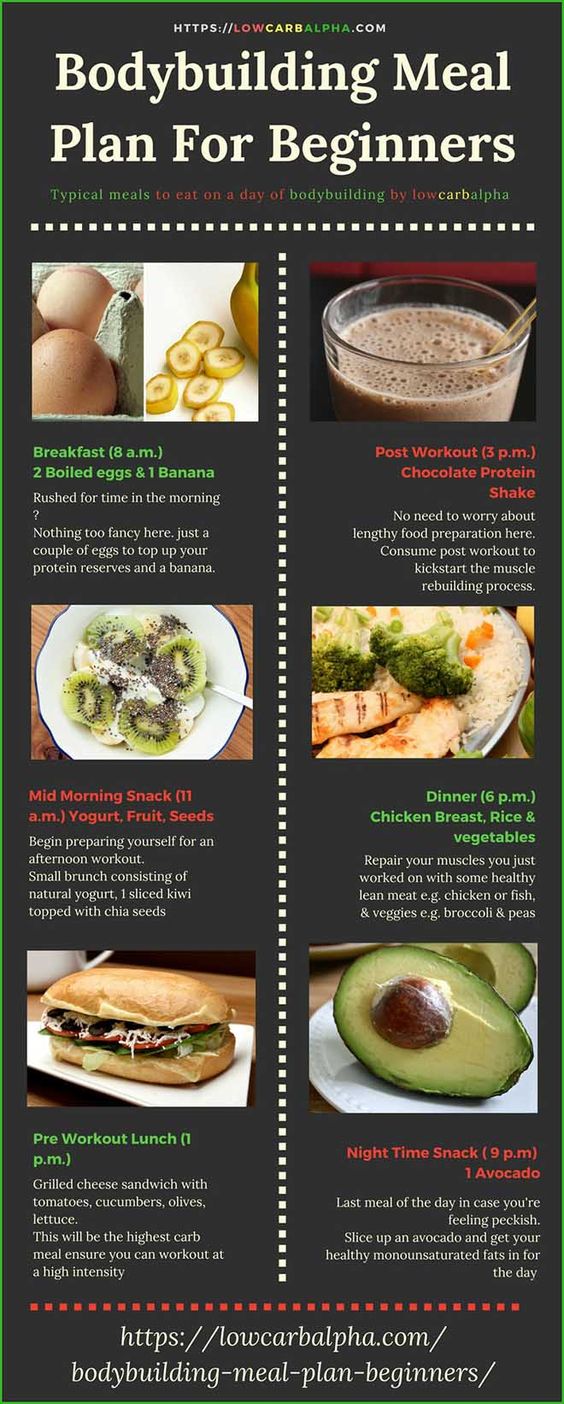
The basic requirements to going from being slim to thick are training/ exercise, food and nutrition among others. A large percentage depends on your eating habit (having good quality meal and plan). With food, you can actually get thick, if you eat properly, for that purpose.
The knowledge of the right food to eat, the amount of meal you eat in a day and the time you begin (breakfast and eating window) is important if you seek to gain healthy weights.
To know the amount of weight you need to gain, to not look slim, in principle, is to take measurement of your height in cm, subtract 100 from it, the remainder should be equal to the minimum amount of weight you need to have to stop looking slim and start looking thick. You can achieve this by eating enough meal and having a proper plan as explained in the following:
1. Calorie Count
When you consume more calories than your body burns, the unused calories in the body adds to your overall weight. The amount of food you eat depends on your body metabolism. If you notice you are not gaining enough weight, it may imply that you are not eating enough or rightly.
Therefore be consistent at taking enough calories required to gain weight. The knowledge of the amount of calories required is usually a useful tool in your weight gain journey.
It is suggested that up to 16kcal/Ib of body weight is required to maintain weight. To gradually gain weight, you need to add about 500 calories/day to that.
2. Small Meals
Small meals have advantages in terms of being easy to prepare and easy to consume without one being actually filled. It is recommended that you eat five to six small portions of food in a day. For instance, if you need 3000kcal/ day to gain weight, it is easier to consume 6 meals of 500kcal than to consume 3 meals of 1000kcal/day.
It is important to begin the process in good time by waking up early to have breakfast, which increases the eating window for the day. If you do not have breakfast, it would translate to zero calories before noon. The net effect is that you may likely not gain weight.
But if you have a large eating window, you can spread your small meals across the window, which would allow you to eat more and increase your weight. Below is a sample of a meal plan that can be followed.
- A. Breakfast at 7am – oats, raisins, yoghurt, milk
- B. Snack at 10am – mixed nuts, banana
- C. Lunch at 1pm – chicken, rice, pasta, parmesan
- D. Snack at 4pm – dried fruits
- F. Dinner at 7pm – steak with potatoes and fried eggs.
The plan above would be difficult to follow if you miss out on any of breakfast, snack/brunch, lunch, snack and dinner.
Every two hours, you need to eat 5 small meals. Per time, your stomach will accommodate this, while your appetite increases.
3. High Calorie Food
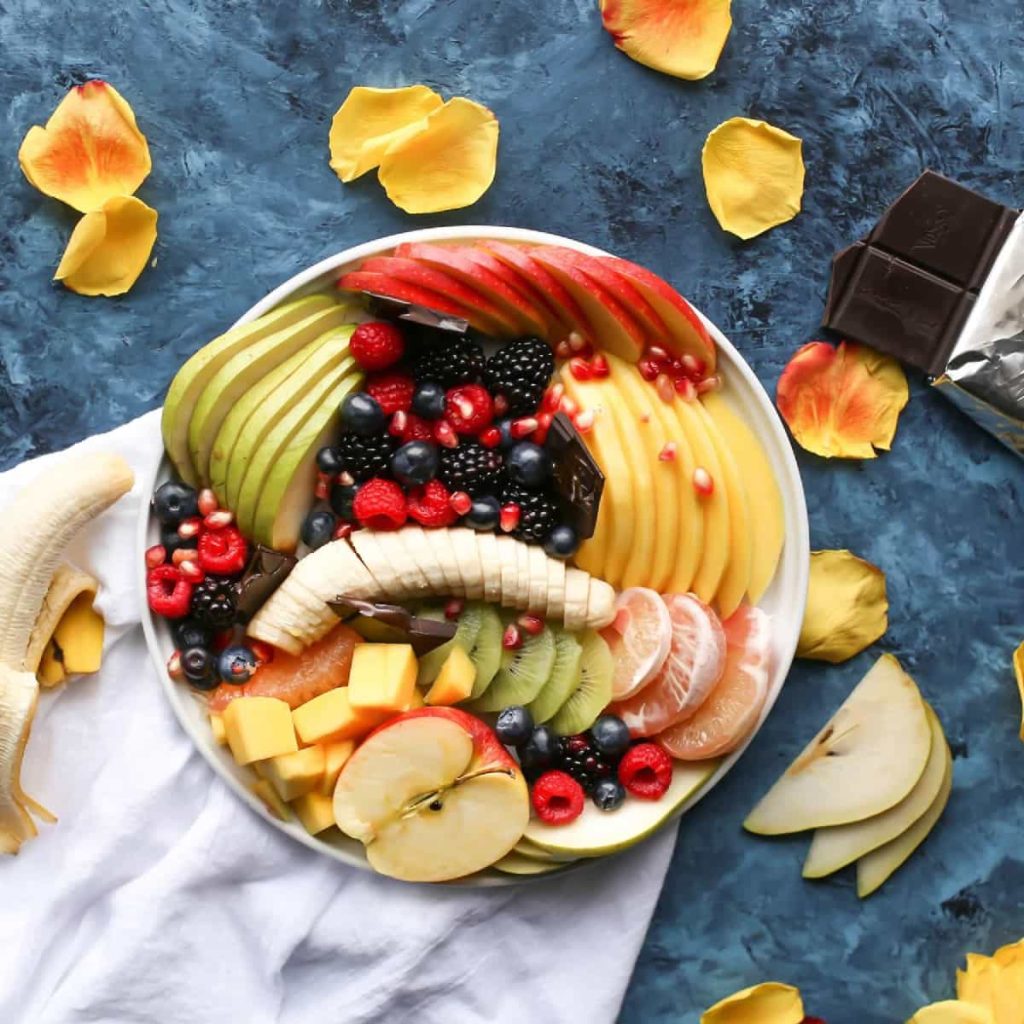
High calorie food, that is, food high in carbs and fats contain numerous calories per serving. Therefore, even when you eat less, you still derive excess calories from them. When you eat food that contains low calories, irrespective of the amount, you will find it difficult to gain weight.
For instance, eating vegetable based meals like 100g of salad, will only give 25kcal whereas, 100g of pasta, will give 380kcal. So you will need to eat food that contains more calories per serving to easily gain weight.
- A. Nuts; walnuts, almonds, trail nuts, mixed nuts
- B. Dried fruits; dates, prunes, apricots
- C. Diary; whole milk, full-fat yoghurt, cheese
- F. Grains; rice, oats, bread, sandwiches
- G. Fats; olive oil, avocado, coconut
- H. Meat; beef, fatty fish, chicken
These are good quality food that helps to develop muscles rather than fats and provide vitamins your body require to heal.
Keep in mind that junk food contain a high amount of sugar and (bad quality) fat. Eating excessive junk food would build up fats in unwanted areas especially, around the stomach and is bad for the overall health and could lead to complications.
You may eat junk food once in a while, but this should not be abused or made a habit. Remember you need to exercise, which should compensate for the junks you may consume.
4. Protein
When you eat enough protein, your muscles grow bigger, thereby having a net effect of increase in weight. Food sources of protein include egg, fish, chicken, red beef, green beans etc. The albumen (egg white) is a good source of protein while the yolk contains unhealthy cholesterol, which you may want to sieve off before frying or after boiling.
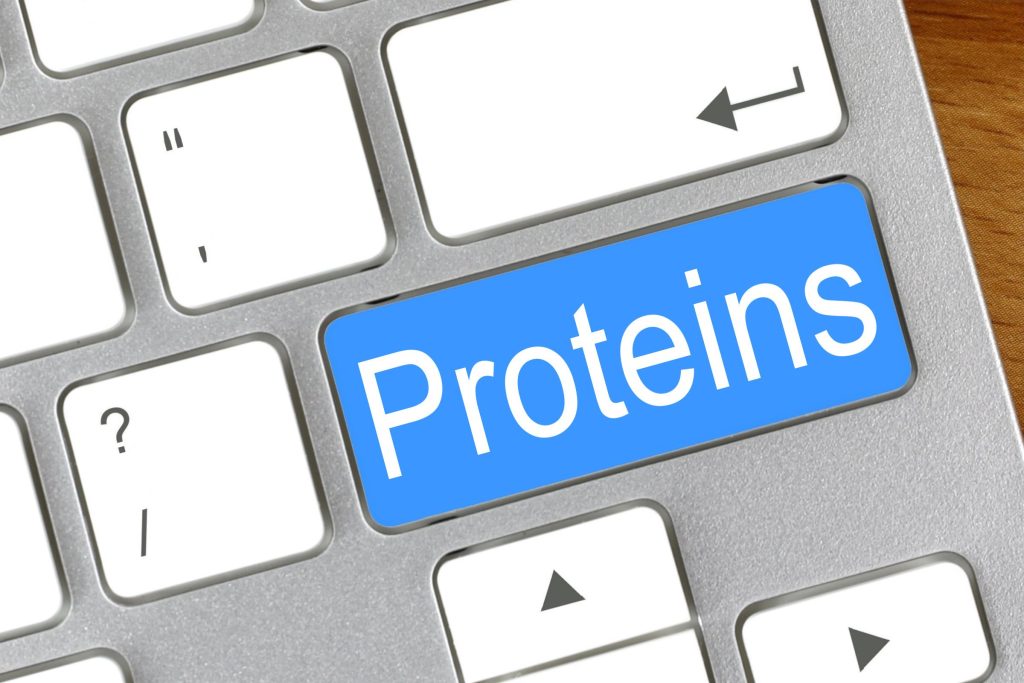
Protein is broken down to amino acid which is utilized by the body cells. Milk is also a source of protein that is readily available in stores. A liter of whole milk contains 600kcal and 33 g of protein. Milk is effective for weight gain but drinking excess of it is not recommended.
5. Liquid Meals
Paradoxical as it sounds, you can actually make your food liquid by blending, which gives it a benefit of easy digestion because the blending would act like pre digestion (function as teeth and some digestive glands) by helping to break down food molecules and ascribing to it, an increase in surface area needed for easy and quick digestion.
This is in turn, helps you to eat more owing to fast digestion rate of liquid food, thereby leading to an overall increase in weight. Weight gain smoothies or shakes should contain banana, peanuts, milk, avocadoes etc. You can prepare this by mixing your ingredients in your blender and then blending. This usually takes about 5 minutes to prepare.
But if you are preparing large amount, it could take more time. Be sure to target your required calorific value for effective weight gain. A decent recipe for weight gain smoothie would give you 1048 calories from 28g fats, 120g carbs and 80g protein.
A recipe sample would comprise the following
- A. 100g oats
- B. 300ml whole milk
- C. 1 table spoon peanut butter
- D. 1 banana
- F. ½ cup of dried cranberries
6. Be Consistent
You need to be consistent, especially in eating. If you are not consistent in eating, that is, you eat a lot today, and less, the rest of the week, you may not actually gain weight. It is thus recommended that you eat more than your body can burn to gain weight and be sure that You are consistent in this.









